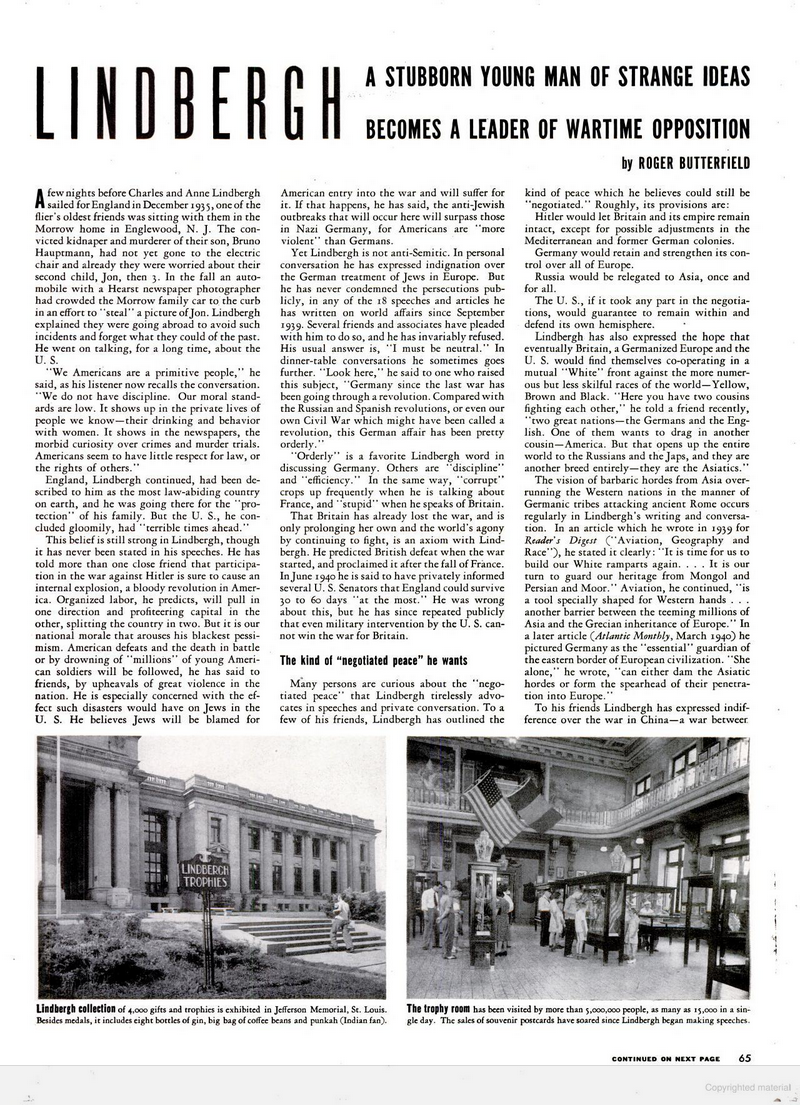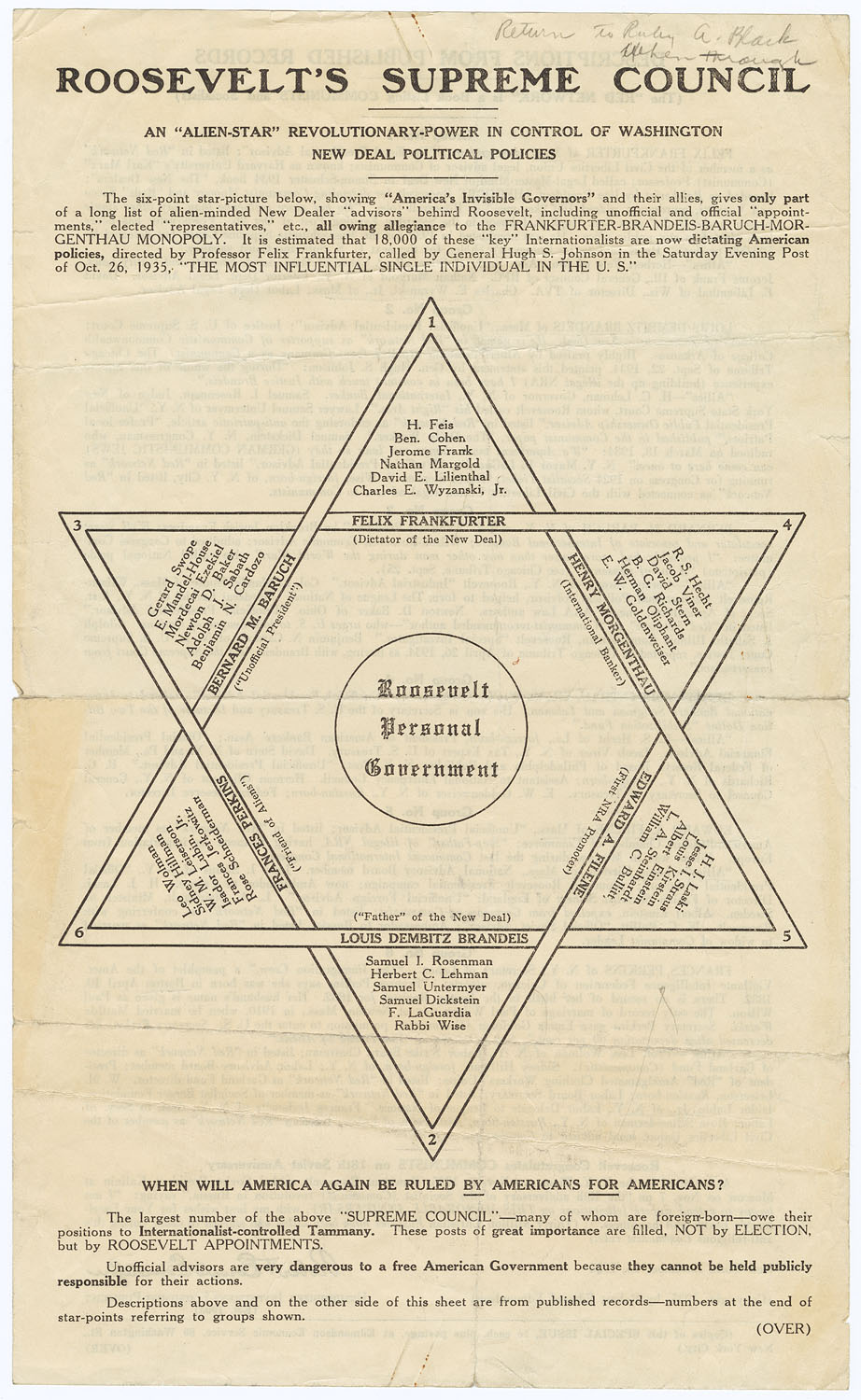Appeasement at Yalta by William Henry Chamberlin
Morally, politically and militarily the Yalta Conference of February 4-11, 1945, was held under unfavorable conditions. The Soviet armies had recently launched a successful offensive. The memory of what proved to be the last German offensive, in the Ardennes region, was still fresh. The speed with which Germany would crumble before Eisenhower's offensive in the spring was not anticipated. Singularly faulty intelligence work had conveyed the impression that Japan still possessed large and effective forces in Manchuria.
The two leading figures in the American delegation, Roosevelt and Hopkins, were in very poor health and were committed by past attitudes to the policy of trusting Stalin and hoping for the best. The newly appointed Secretary of State, Edward R. Stettinius, possessed no visible qualifications for this office except an impressive shock of white hair, an adulatory attitude toward Roosevelt and a naive faith that all international problems could be solved by a determined application of goodwill and optimism.





























